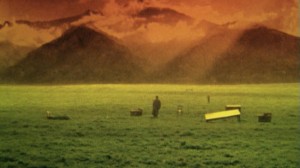From the Autumn 1977 Sight and Sound. — J.R.
Perhaps it is time to study discourse not only according to its expressive values, or in its formal transformations, but also according to its modes of existence: the modes of circulation, attribution and appropriation of discourse vary with each culture. . . . [T]he effect on social relationships can be more directly seen, it seems to me, in the interplay of authorship and its modifications than in the themes or concepts contained in the works.
— Michel Foucault, “What Is an Author?”
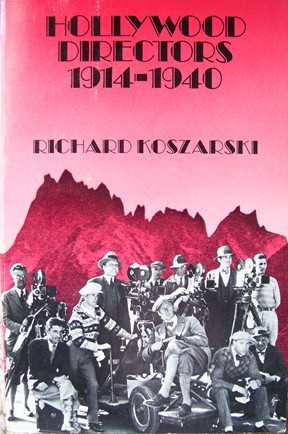
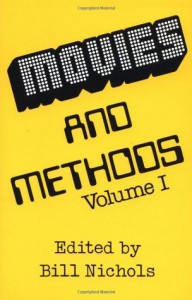
It seems likely that Hollywood Directors 1914–1940 and Movies and Methods[*] are the two most interesting anthologies of writing about film recently published in English. Each marks a substantial foray beyond the standard recycling operations of most anthologies, making available a wealth of helpful material that is otherwise hard to come by. An easy enough assessment, on the face of it, yet one that conceals a nagging question: what do we mean by “interesting” and “helpful”? In what way can both books be considered deserving of the same ambiguous adjectives? How far do they allow themselves to be considered within the same universe of discourse?
First, a few basic distinctions. Read more
One of Raul Ruiz’s best features, this is also one of his looniest — shot in Holland in about a week’s time, although it’s supposedly set in Patagonia. The putative SF plot concerns a French anthropologist and his Dutch wife who are hired to study the indecipherable language spoken by two members of an Indian tribe; in fact, this is a dazzling intellectual goof, with an average of one striking visual idea per shot (the gorgeous color cinematography, including many trick shots, is by the great Henri Alekan, who filmed Cocteau’s Beauty and the Beast), a lot of gags involving the pretensions of anthropologists and psychoanalytical theorists, and other forms of nonstop invention. This being a Ruiz film, you shouldn’t expect anything from the story or the performances; the dialogue is in five or six languages (one of them invented), and the lead actress appears to have learned her English lines phonetically (1982, 93 min.).
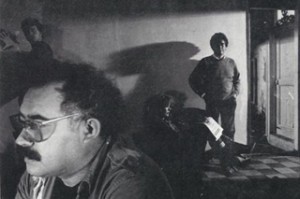 Read more
Read more
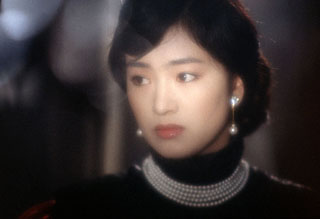
I’ve never been a big fan of Chinese director Chen Kaige’s work, but this opium dream about incestuous longings is clearly his best piece of direction, stylistically voluptuous and pictorial in the best sense. Shot by the remarkable Christopher Doyle, perhaps the most talented cinematographer working in Asia, and starring Gong Li and Leslie Cheung, it’s full of ravishing poetry, even though it isn’t very involving on a narrative level. Since its Cannes premiere it’s been cut by ten minutes or so and decked out with titles intended mainly to clarify the story line and distinguish characters (the usual aim of Miramax’s compulsive meddling), but this has done damage to the film’s hypnotic and hallucinatory rhythms, especially in the early sections. Once one gets past this choppiness, Chen’s use of offscreen sounds as emotional and atmospheric punctuation and his exquisite uses of color, lighting, framing, and camera movement conspire to make this a beautifully overripe example of Baudelairean cinema. Shu Kei wrote the elliptical script, based on a story by the director and Wang Anyi, set in and around Shanghai from 1911 to sometime in the 1920s. Water Tower. (JR)
 Read more
Read more



